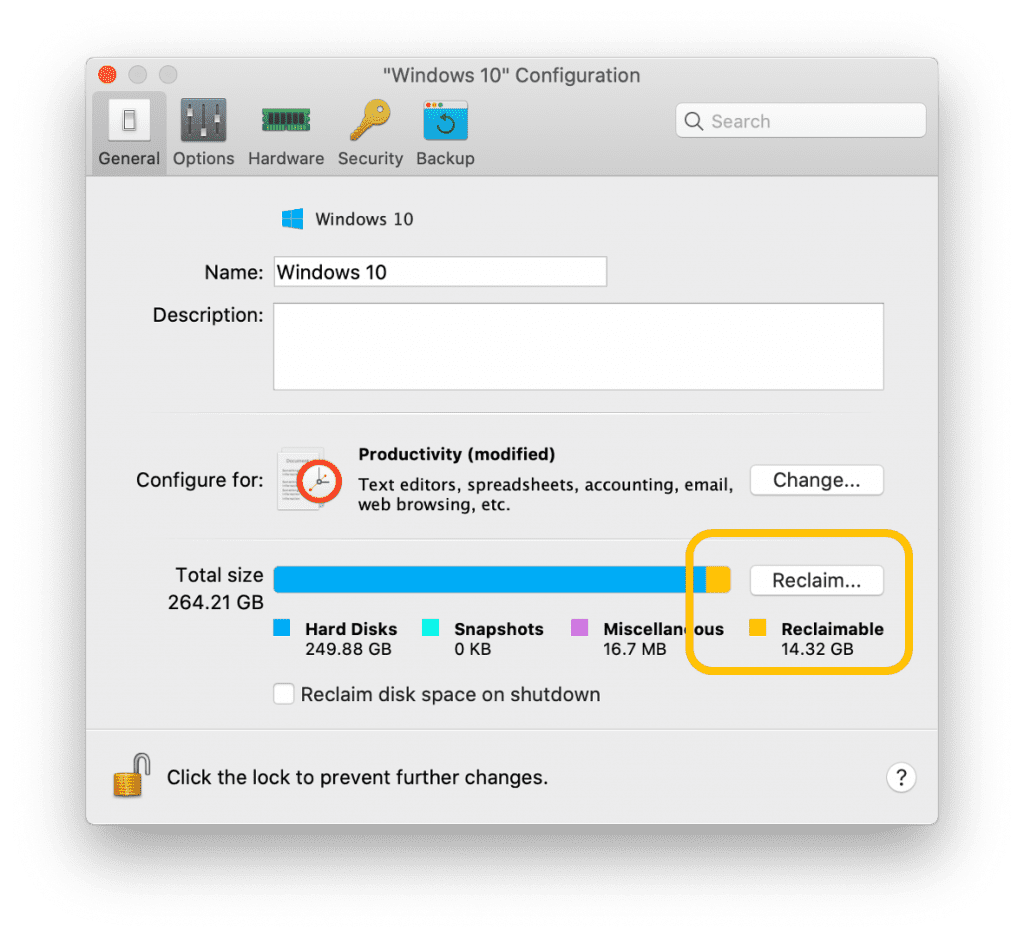
- #Using parallels on a mac with 2 hard drives for mac
- #Using parallels on a mac with 2 hard drives license key
- #Using parallels on a mac with 2 hard drives .exe
- #Using parallels on a mac with 2 hard drives install
- #Using parallels on a mac with 2 hard drives software
After it completes this process, you should see the Windows installation screen. Once you edit the settings, your computer will need to restart. Boot Camp needs you to drag the divider to set the partition size for each operating system. If you’re using a USB drive, you’ll get prompted for it here. It might be helpful to print the installation and setup guide before continuing to the next step. You’ll need to acknowledge what Boot Camp offers and the possible issues you might face.
#Using parallels on a mac with 2 hard drives .exe
exe files on Mac looks like an internal hard drive. The icon representing this method to open. You can use Spotlight to find this folder or go through Launchpad to access it. You can download the current ISO version directly from Microsoft’s website. The current macOS Boot Camp structure supports Windows 10, 8.1, or 8 (And more recently, Windows 11).
#Using parallels on a mac with 2 hard drives license key
You’ll need to supply the license key for the fastest installation method. Choose the option based on your Windows version and click Continue.
#Using parallels on a mac with 2 hard drives install
Your Mac offers to install Windows from a disk, image file, or a PC. You’ll find it through the search bar on your Mac or by navigating through Launchpad to find the icon. You can install it from a disk or the ISO file.

If the processing speed, memory, or startup disk space isn’t correct, the Microsoft operating system won’t function correctly. The version you select must be compatible with your Mac’s current specs. Once you have Parallels open, you can install your Windows software. Once you drag the icon to the Applications folder, you can open the software. It’s a straightforward installation process to put Parallels on your Mac. Students, educators, and faculty qualify for discounts. Complete your purchase by following the on-site instructions. You’ll want the latest version of Parallels currently available at this link.
#Using parallels on a mac with 2 hard drives for mac
Parallels Desktop provides a virtual machine for Mac users to run. You’ll want to use the “Run Directly In” choice instead of converting to a simple OS X application. Select “Open With,” choose “Wine,” and authorize the action. If you use your Magic Mouse with a two-finger click, it’ll give you a set of menu options.
#Using parallels on a mac with 2 hard drives software
If your Mac doesn’t start downloading the software automatically, you can force it by clicking the.

If you operate an ad blocker, it must be disabled. You can watch the advertising to support Wine and Winebottler, although that will take more time to finish this process. You might need to disable this feature in your browser to access this step. You’ll want to select the one currently listed as being stable for your macOS version.


You’ll see various buttons for WineBottler downloads. Wine and WineBottler together create a user-friendly interface that makes this method much more comfortable to learn. The name is an acronym that stands for “Wine Is Not an Emulator.” It recreates the directory structures Microsoft uses in its operating system so that Apple computers can operate. It allows Microsoft Windows software, games, and apps to function on Mac systems. Have owned 5 of them and they all died within that timeframe.Wine is an open-source compatibility layer. The drives last (you can take them out and continue to use them with a separate enclosure) but the enclosures have tended to die after about 2-3 years. WD's MyBook line, I don't find their enclosures built very well. Currently using a G-Drive slim (iTunes), G-Drive (Time Machine), and a G-Safe (external storage w/ RAID1) I've been a fan of Hitachi hard drives for awhile now, G-Tech has used them for years now and they own them now too. That said, my recommendation would be G-Technology drives. I don't believe iMacs supported Thunderbolt back in 2010. FW800 would be about twice as fast as USB2 but you'll be buying old technology on its way out the door. USB3 would be the slowest since your iMac only supports USB2 but you'll be ready for USB3 speeds whenever you upgrade. As others have mentioned, it would help to know what connectors you're looking to use.


 0 kommentar(er)
0 kommentar(er)
